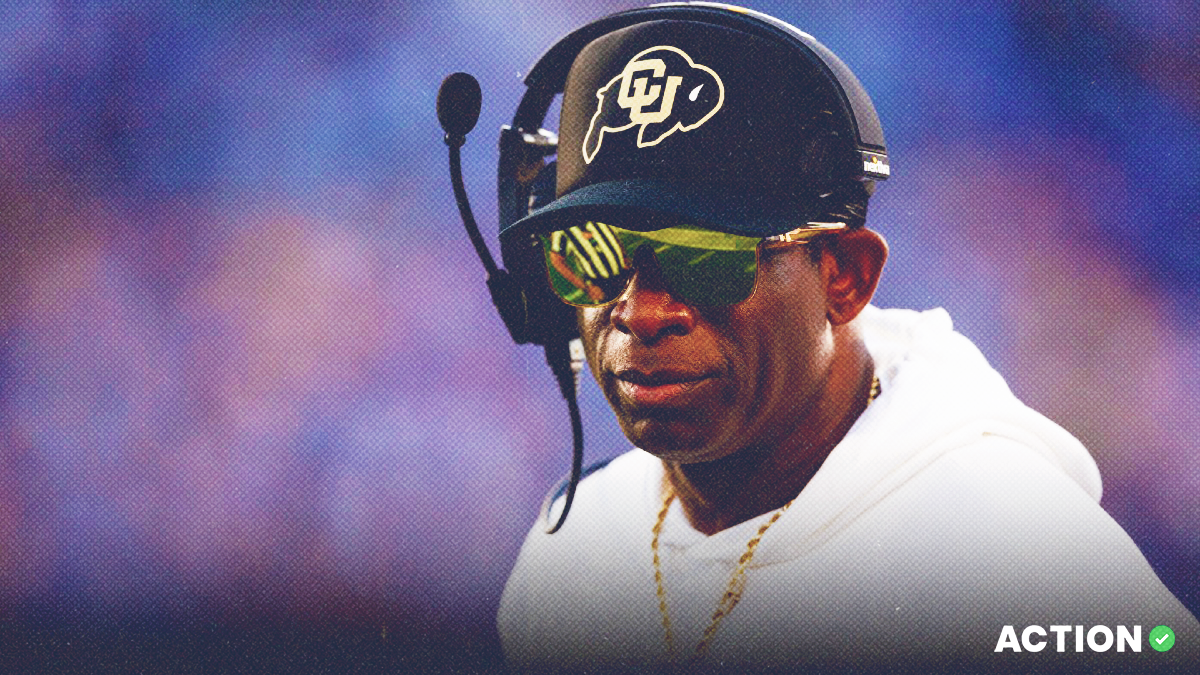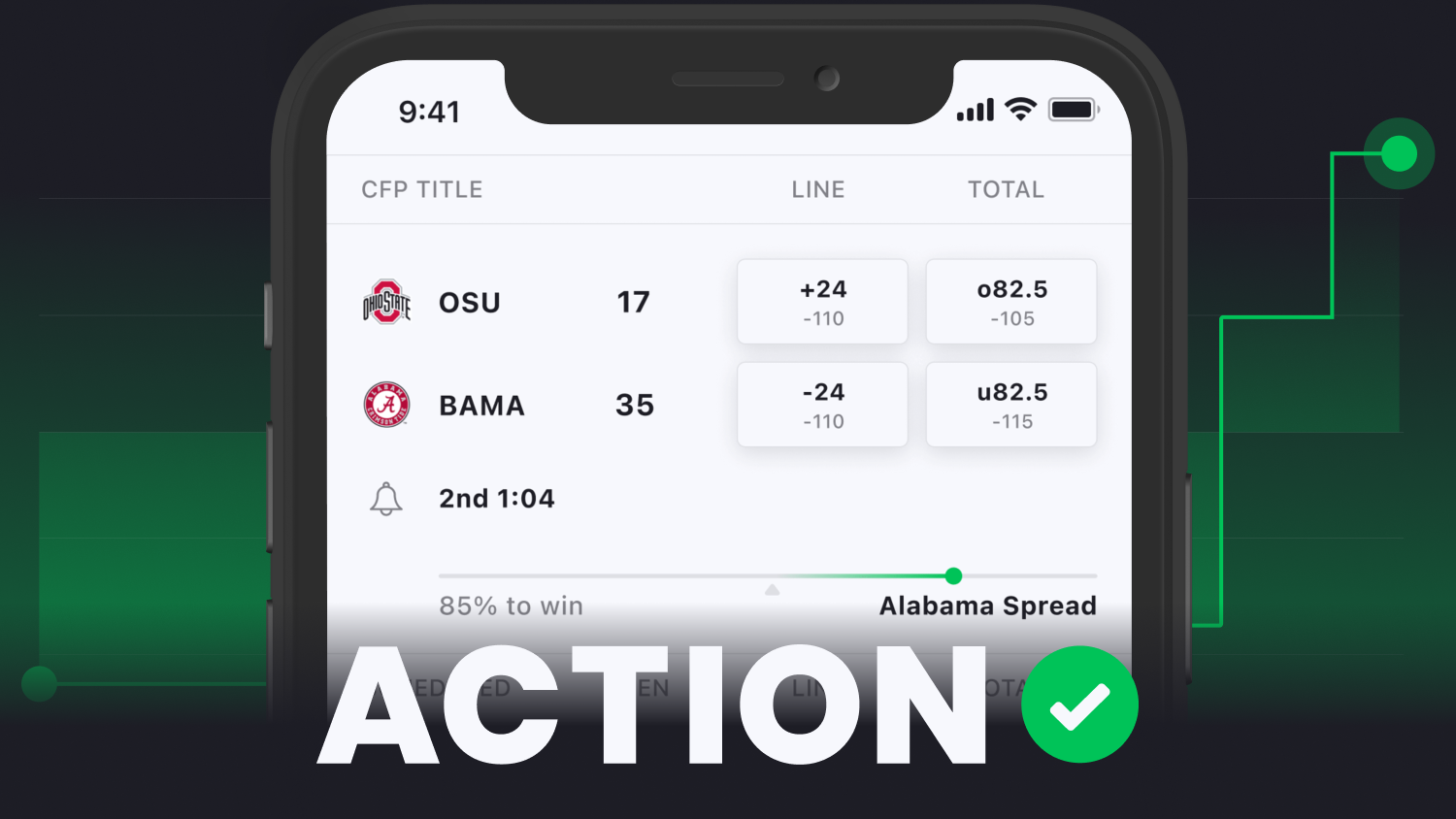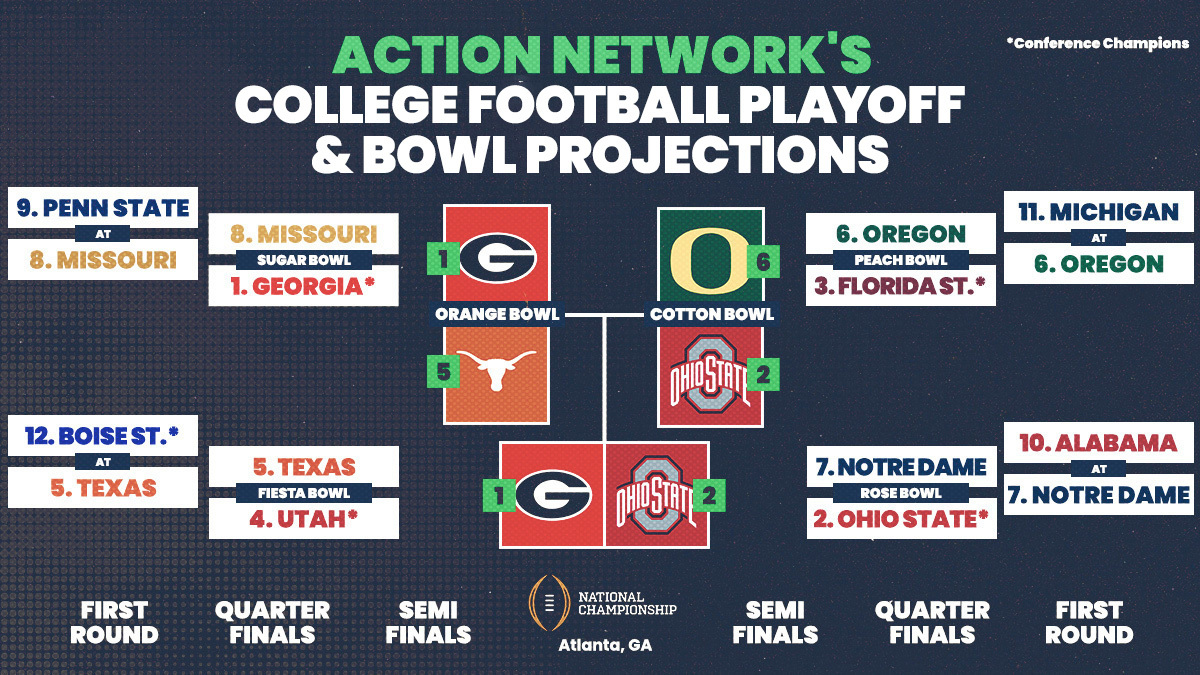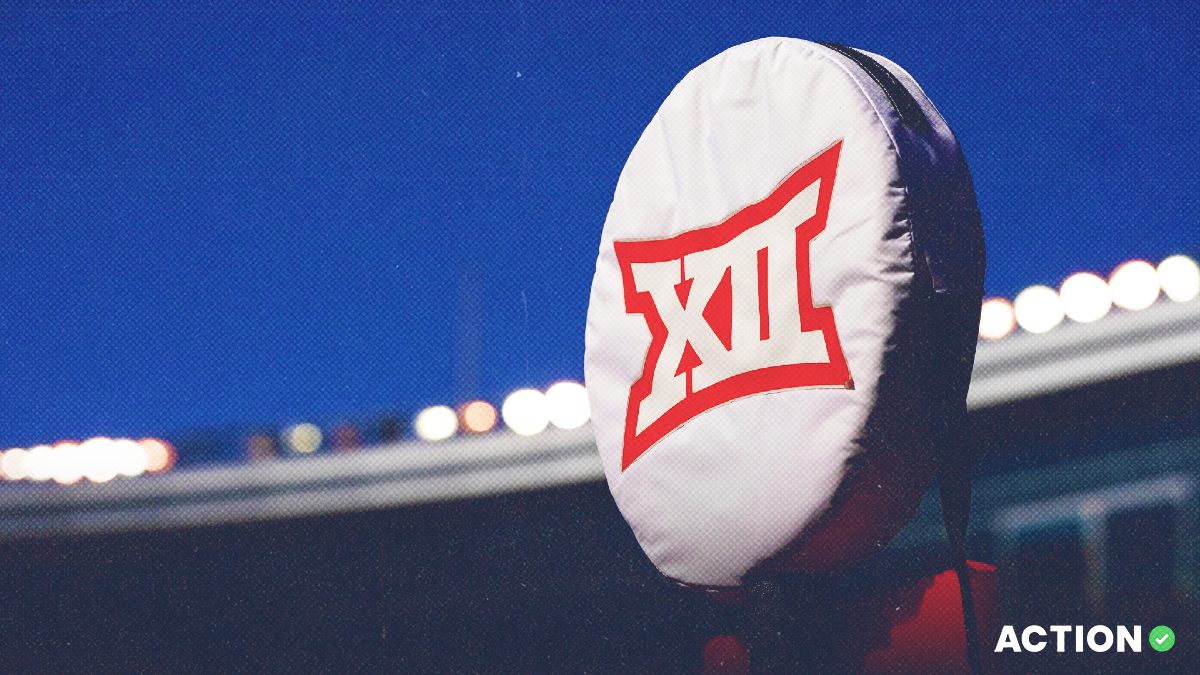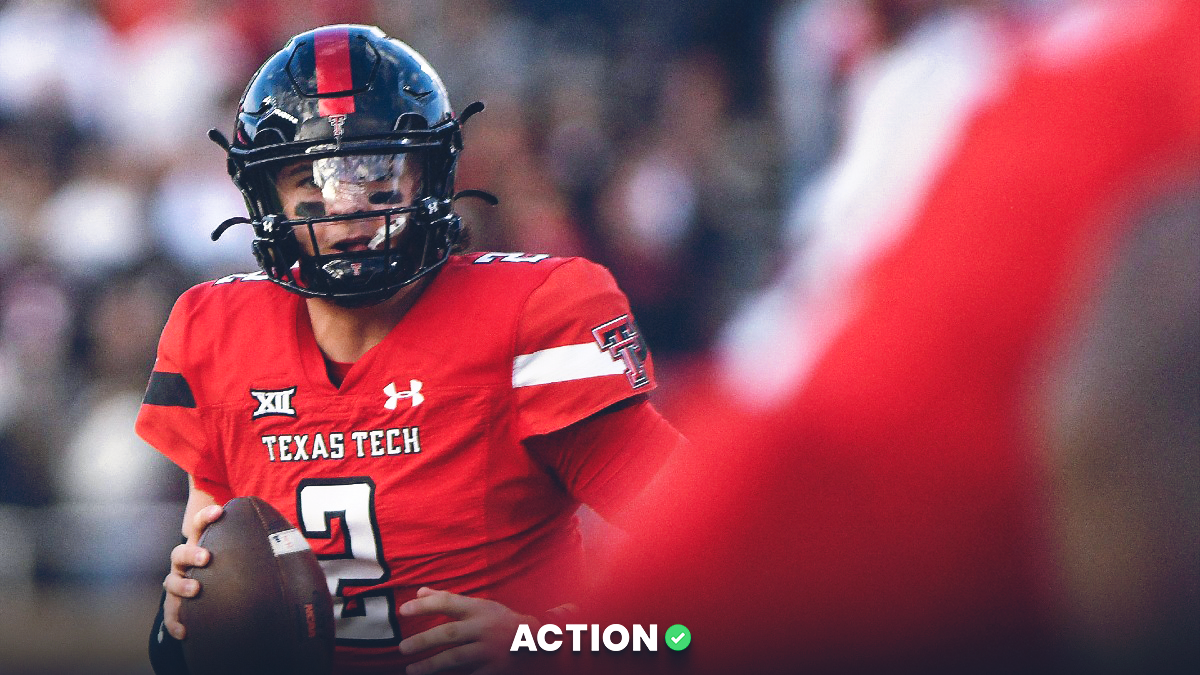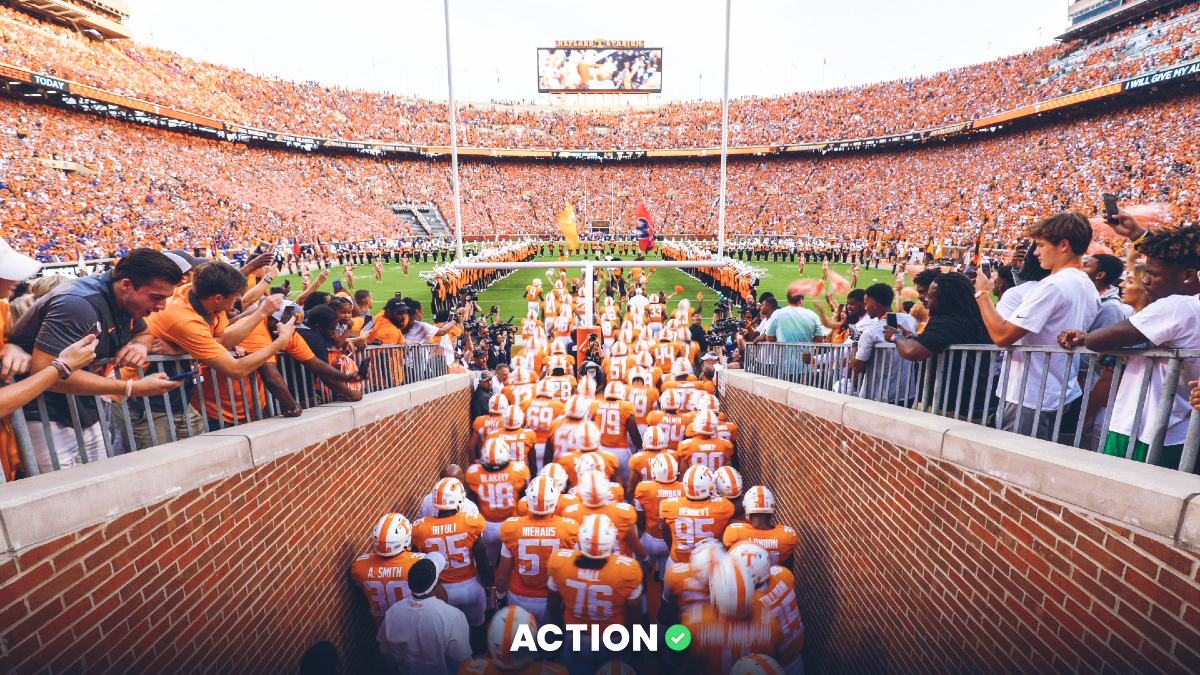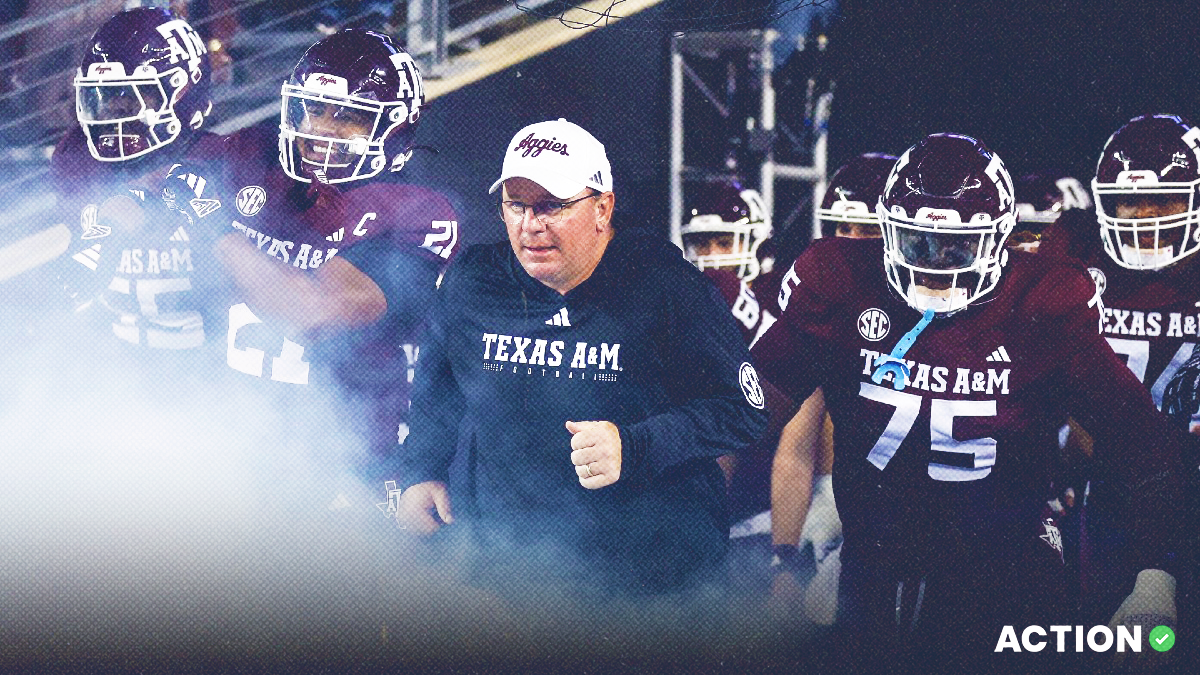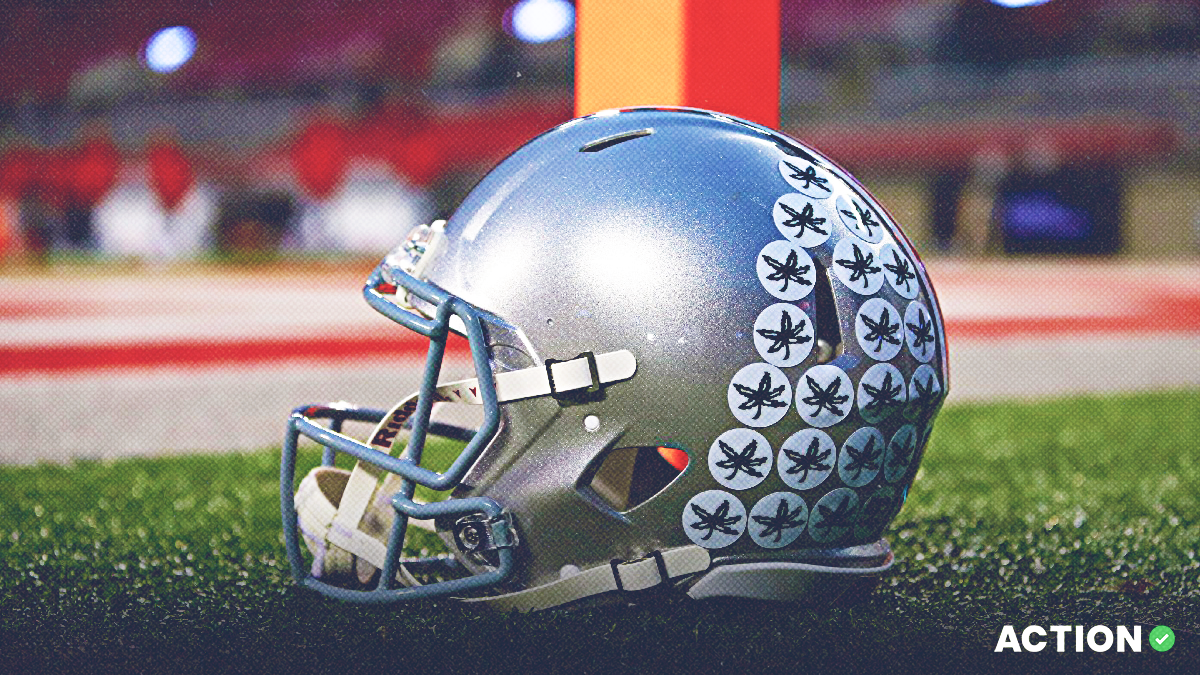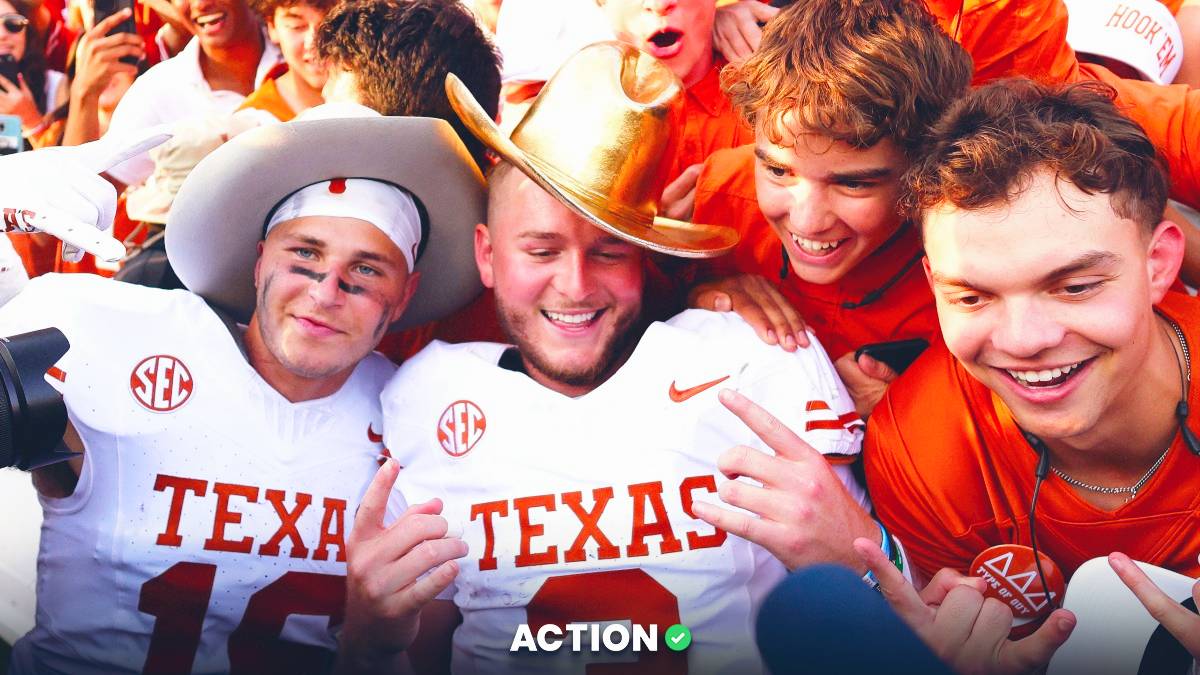LAS VEGAS — Wearing a dark jacket, a white hoodie, sunglasses, a golden whistle around his neck and flashing a million-dollar smile, Deion Sanders sat behind a podium at Big 12 media days.
He was filled with life and that contagious smile. He is the most polarizing figure in all of sports. The ubiquitous Coach Prime: confident, cocksure, never dull and maybe even lovable at times.
Everyone has an opinion about Sanders. By now, after a Hall of Fame playing career and a brief coaching trajectory that has earned fans and enemies alike, you must feel like you know this constantly outrageous man.
But did you know this?
Nearly three decades ago, with a dual-sport professional career, more riches than he ever imagined and a celebrity status that made him one of America’s most recognizable faces, he saw no future. He saw no hope. He wanted out.
In 1997, Deion Sanders attempted suicide.
“It impacts my life tremendously,” Sanders told Action Network on Wednesday. “I don’t take any day for granted. I don’t take anything for granted. I’m extremely blessed tremendously, being guided and led by the Lord. Not by me, not by my might, but by the Lord.”

Last year, Sanders debuted at Colorado. Like it or not, the Buffaloes, because of Sanders, became America’s Team. Sanders received unprecedented fanfare and media coverage. Good Morning America, 60 Minutes, FOX's Big Noon Kickoff, and ESPN's College GameDay and First Take were just a few.
It would be quicker to list the major media outlets and programs that didn’t feature Sanders: none.
Immediately, Sanders revived a once-proud Buffs program and delivered a surprising 3-0 start. An entire nation watched as Colorado’s games brought in massive, record television audiences.
Then reality set in. A first-year FBS coach with an undersized offensive line, no depth and a defense that resembled Swiss cheese — and I don’t mean to insult Swiss cheese — led to a loss. Then another. Then another.
Colorado finished 4-8, losing its final six games.
“I’m judged on a different scale,” Sanders said. “My wins are totally different than your wins. Your wins, you just judge football. That's why I start out giving you education and academics and so forth. I have to give you those things, so you understand there's a greater scope.
“I can't win nine games and our GPA suffers. Our GPA can't be high and we lose another eight games. My wins are different. We have to win in every area. That's the way we're judged. I'm cool with that. Because we come at it a little different. So, the expectation is greater. But it's not just football.
“It's been like that all my life. I've always had a greater expectation for myself. The expectation you have for me would never outweigh the expectation I have for myself.”
Back in 1997, Sanders’ expectation was he was going to die.
Sanders barreled his black Mercedes through the Cincinnati night. He was nearing 70 mph and drove off a cliff with a 30-40 foot drop. Miraculously, he survived.
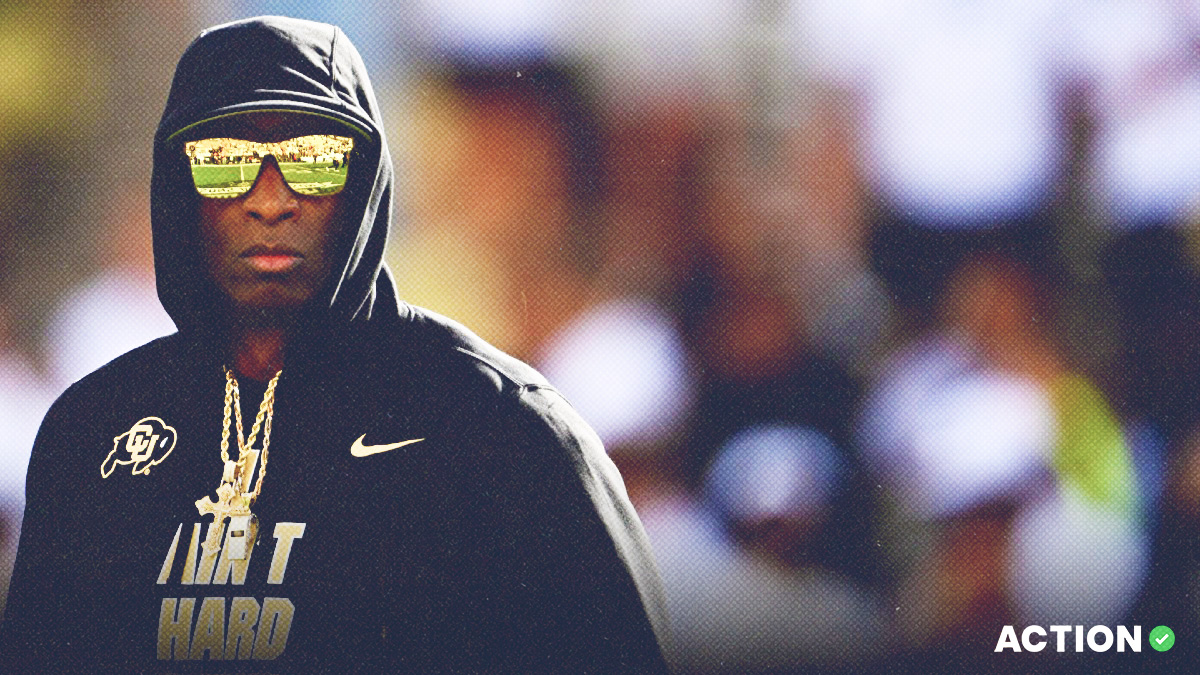

On Wednesday afternoon, Sanders is bouncing between interviews in Allegiant Stadium. The Big 12 has grown to 16 teams, but no one — absolutely no one — creates the attention like Sanders.
And with it comes critics.
“So really, I don't care how you see me,” Sanders said. “It’s never going to be enough. Nothing I do is ever going to be enough. I’m cool with that.
“I understand that that is life and that’s how life is going to be. But I plan on being a tremendous blessing to as many people I can bless, especially those 120 young men that put on this CU helmet and go out and play for our school and our program.”
One of those young men is Shedeur Sanders. Colorado’s star quarterback and Deion’s 22-year-old son was asked about the biggest misperception about his father.
“I don’t know,” Shedeur told Action Network. “People know everything, but they chose to believe what they want to. [What he says isn't] always going to hit home. You can tell somebody something, but you’re not going to be able to understand that unless you’re in his position or have had a lot of success.”
Will more success come in Year 2 for Sanders in Boulder? That’s yet to be determined. But Big 12 commissioner Brett Yormark realizes the impact Sanders has had already.
“I love his energy and his passion,” Yormark said. “He’s a football legend, and let’s face it — there’s a big audience that follows him that's going to benefit the Big 12 and all our schools.
“I would look at him as someone like me. We’re both a little bit disruptive in a positive way, and we like to break boundaries in a positive way. We like to stir the pot a little bit, and that’s a little healthy, and I think college football needs it.”

In 1997, Sanders felt like he needed to end his life.
He had lost all hope.
A two-sport superstar with the Dallas Cowboys and Cincinnati Reds, Sanders still felt like a failure. His life was in shambles. His marriage was a disaster, and he said his wife was threatening to take away his two young children, Deiondra and Deion Jr.
Sanders was convinced no one cared if he lived. Or died.
The second-year Colorado coach thinks about that night in Cincinnati every day and has discussed his suicide attempt with his team.
“I talk to my team about everything. Everything,” Sanders told Action Network. “We talk about everything. I don't have to just go out and just give my team this message like — it’s whatever I'm feeling that day or whatever is in my spirit, I give it to my team.
“I’m talking to 100 different people, so I’m not seeing instant reactions because sometimes they engulf it in different ways. But you can't be dumb enough and stupid enough to think that out of 120-some guys, that no one’s feeling that way. Somebody's always going through that. Could be a young man, it could be coaches, it could be staffers. It could be a multitude of things.”
When the police arrived that night in 1997, they asked Sanders if someone had run him off the road or if he had lost control of the car. Sanders said no.
Sanders was numb, watching what was left of his Mercedes loaded on a tow truck. He was ashamed and confused. Why wasn’t he dead? It made no sense.
After surviving his car crash, Sanders had another brush with death when he was at Jackson State a few years ago. He had two toes amputated because of femoral arterial blood clots. He nearly had his leg amputated.
He had complications after surgery and was bleeding profusely from his leg. Another frantic drive — this time Sanders was a passenger and it was to the hospital — and another close call. But Sanders survived.
Does the 56-year-old Sanders consider he’s lucky to be alive?
“I'm never lucky,” Sanders told Action Network. “God just allows me to go through things so I could see his face a little more clearer. I never doubted Him. I’ve never not trusted Him. I'll always trust Him. I’ve appreciated stuff a lot more.”
Sanders turns and walks gingerly toward another table with a microphone waiting. Another round of questions about his team, his life and who knows what. Sanders sits down and readies for another onslaught of questions.
He flashes his trademark smile. He’s happy. He’s alive.


